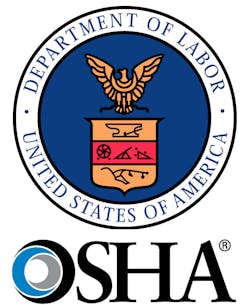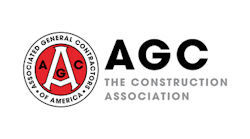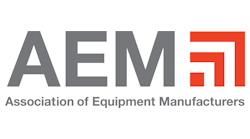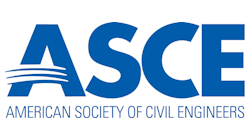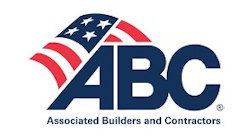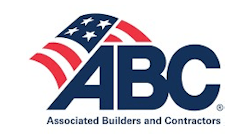U.S. Department of Labor Issues Frequently Asked Questions and Answers About Face Coverings, Surgical Masks and Respirators in the Workplace
WASHINGTON, DC – The U.S. Department of Labor’s Occupational Safety and Health Administration (OSHA) has published a series of frequently asked questions and answers regarding the use of masks in the workplace.
“As our economy reopens for business, millions of Americans will be wearing masks in their workplace for the first time,” said Principal Deputy Assistant Secretary for Occupational Safety and Health Loren Sweatt. “OSHA is ready to help workers and employers understand how to properly use masks so they can stay safe and healthy in the workplace.”
The new guidance outlines the differences between cloth face coverings, surgical masks and respirators. It further reminds employers not to use surgical masks or cloth face coverings when respirators are needed. In addition, the guidance notes the need for social distancing measures, even when workers are wearing cloth face coverings, and recommends following the Centers for Disease Control and Prevention’s guidance on washing face coverings.
These frequently asked questions and answers mark the latest guidance from OSHA addressing protective measures for workplaces during the coronavirus pandemic. Previously, OSHA published numerous guidance documents for workers and employers, available at https://www.osha.gov/SLTC/covid-19/, including five guidance documents aimed at expanding the availability of respirators.
For further information and resources about the coronavirus disease, please visit OSHA’s coronavirus webpage.
Under the Occupational Safety and Health Act of 1970, employers are responsible for providing safe and healthful workplaces for their employees. OSHA’s role is to help ensure these conditions for America’s working men and women by setting and enforcing standards and providing training, education and assistance. For more information, visit www.osha.gov.
The mission of the Department of Labor is to foster, promote and develop the welfare of the wage earners, job seekers and retirees of the United States; improve working conditions; advance opportunities for profitable employment; and assure work-related benefits and rights.
